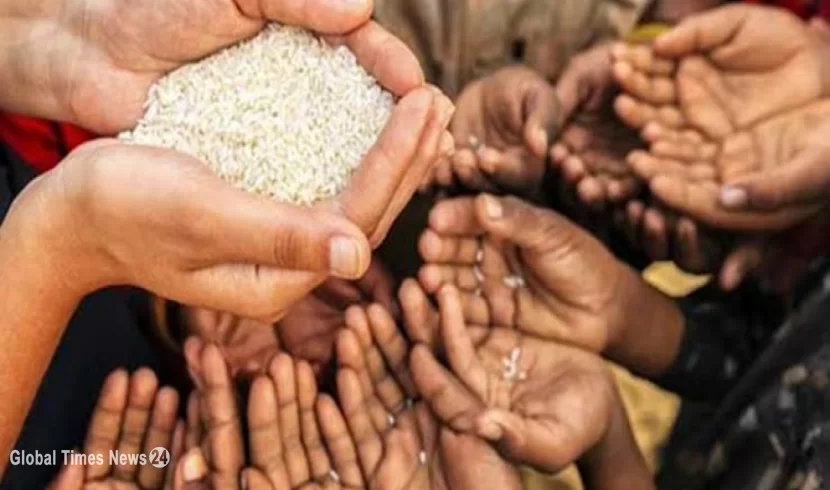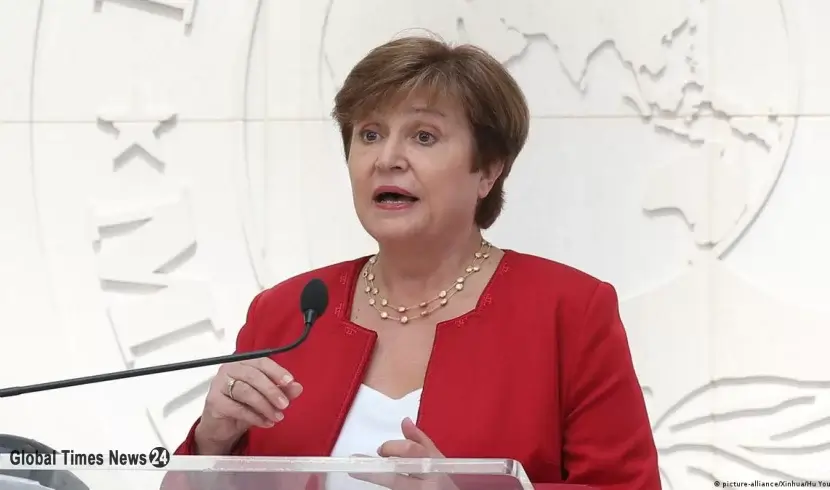After finding new customers for its oil, Iran has reported a significant surge in crude revenues despite US sanctions.
Speaking to state TV on Monday night, Oil Minister Javad Owji said Iran is also using barter trade as a means of circumventing US sanctions to sell its crude oil.
Sanctions imposed by Washington have prevented Iran from selling its energy products, but Tehran has found ways to move around the penalties.
Owji said whatever oil the country has sold in the last year, it has received the money for it without delay, adding that the demands in the gas sector have also been met.
He described the discovery and use of offshore refineries as one of the achievements of the incumbent government led by Ebrahim Raisi, which took over last year.
In the last year, Owji said the focus has increasingly been on the production of gas condensate and the marketing of oil, adding that new markets have been found in Latin America, Asia, and Europe.
He said Iran is ready to mitigate the global energy crisis by supplying its oil to Europe.
"We have a good capacity in the production of oil and gas, which can make up for part of the world's energy shortage,” he said, referring to the crisis in global energy markets caused by the Ukraine war.
He attributed the increase in oil sales to the clearing of oil products, identification of offshore refineries, and exchange of oil with goods such as medicine and grain.
Almost 70-80% of the sales, he added, were paid in foreign currency.
Facing challenges
Referring to the South Fars field, which accounts for 70% of Iran’s gas supply and 8% of the world’s gas reserves, Owji said they reached the production record of 705 million cubic meters there this year.
He said total revenue from gas exports in 2019 was $1 billion, which reached $4 billion in the last Iranian calendar year, including $1.5 billion in outstanding claims.
Owji warned that if the country does not develop refineries, it will become an energy importer while listing challenges such as financing and the technical ability of employees.
He also called for investments in Iran’s oil industry, saying they would be “low-risk and high-value” deals.
Owji said US sanctions only cover crude and gas condensates, not petrochemical products, as the world needs them and at the same time they are difficult to be identified.
He said the country had sold $12.5 billion worth of petrochemical products on world markets, calling the construction of refineries and petro-refineries useful and advantageous.
On challenges faced by the ministry over the last year, Owji referred to the cyber-attack on the gas network in October, which caused widespread disruption at gas stations across Iran.
The attack targeted software that supports a smart card payment for subsidized fuel.
Meanwhile, the Oil Ministry’s website Shana quoted a senior ministry official as saying on Monday that the National Iranian Oil Company (NIOC) is planning to boost the country’s oil production to 4.038 million barrels per day (BPD) in the current Iranian calendar year.
To achieve that target, the official said drilling rigs, core tubes, and the equipment needed for drilling new wells and repairing and restoration of existing wells are all important.
In April, Owji said that Iran’s crude oil production has reached a pre-sanctions level.
“Through the efforts of all those active in this sector, we hope to reach higher figures in the exports of crude oil, gas condensate, oil products, and petrochemicals,” he said at the time.
News ID : 1169
 S&P 500 falls 20% in first 6 months of 2022, posting worst half since 1970
Bussiness / Breaking News
S&P 500 falls 20% in first 6 months of 2022, posting worst half since 1970
Bussiness / Breaking News
 Belarus ready to allow Ukrainian grain to transit its territory
Bussiness / Breaking News
Belarus ready to allow Ukrainian grain to transit its territory
Bussiness / Breaking News
 Urgent action required on food security amid war
Bussiness
Urgent action required on food security amid war
Bussiness
 Revenues of Suez Canal hit all-time high in April
Bussiness
Revenues of Suez Canal hit all-time high in April
Bussiness
 Recession to hit 1/3rd of world economy in new year, says IMF chief
Bussiness / Breaking News
Recession to hit 1/3rd of world economy in new year, says IMF chief
Bussiness / Breaking News